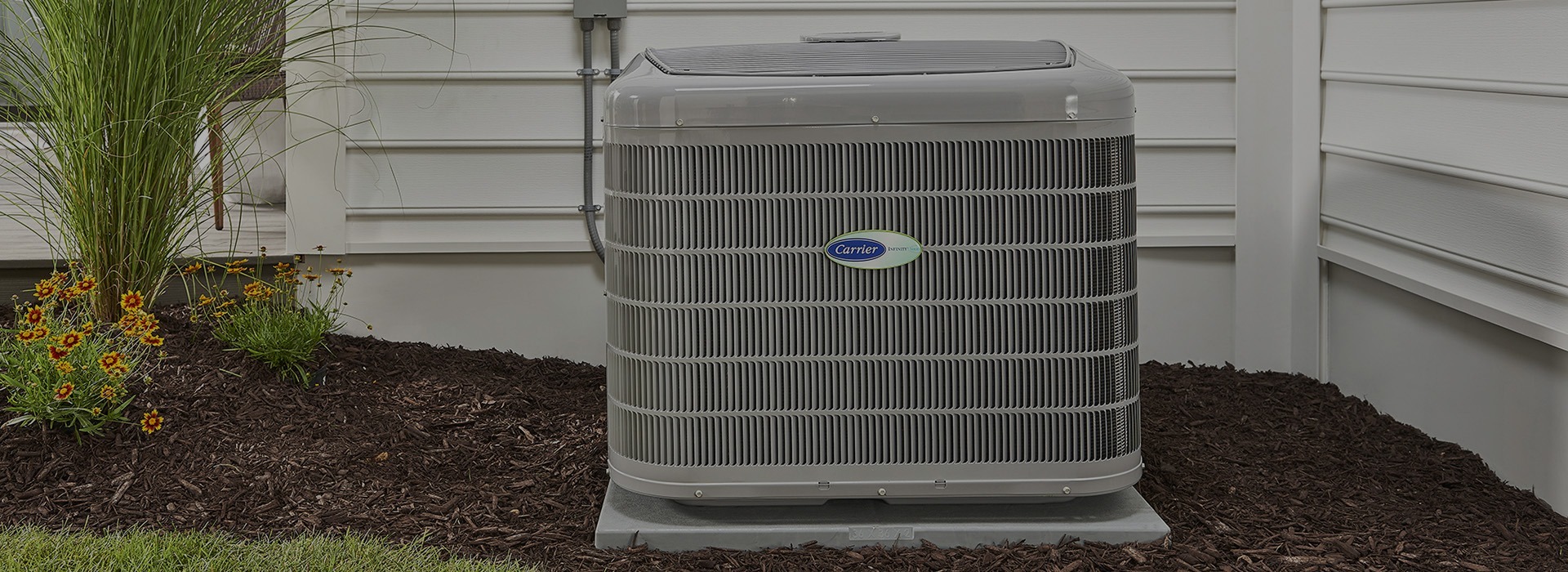How to Pick the Right HVAC System for Your Requirements
Picking the proper HVAC system is an essential choice that calls for cautious factor to consider of different variables. Begin by evaluating your home's dimension, design, and one-of-a-kind demands, as these aspects determine the essential ability and arrangement of the system. Additionally, developing a budget plan that incorporates installation and lasting operational prices is essential. As you weigh your options, recognizing power effectiveness scores and the ramifications of your local environment will play a considerable function in your choice. Nonetheless, the myriad of system kinds offered can complicate this procedure, leading one to question which course eventually leads to optimal comfort and efficiency.
Evaluate Your Home Dimension
Examining your home size is a vital initial action in picking the ideal A/c system. An A/c system that is also small will certainly have a hard time to keep comfortable temperature levels, leading to increased power consumption and use on the device.
To properly analyze your home dimension, gauge the square footage of each room, considering factors such as ceiling elevation and the format. Additionally, take into consideration the insulation top quality and the number of windows, as these aspects affect thermal performance. Homes with open floor plans may call for different system arrangements contrasted to those with lots of separated spaces.
Utilizing the Handbook J lots computation method can give a more specific quote of your heating and cooling needs. This technique accounts for numerous elements, consisting of local environment, solar gain, and tenancy patterns. By carefully examining these aspects, you can make certain that your picked a/c system is properly sized, resulting in improved comfort, power efficiency, and durability of the devices.
Determine Your Spending Plan
Identifying your budget is a crucial action in the HVAC system option process, as it sets the specifications for your alternatives - DMAKS HVAC. A cooling and heating system is a considerable financial investment, and understanding your monetary restrictions will help tighten down choices that fit within your ways
Begin by examining not just the initial acquisition cost yet additionally installation prices, which can differ substantially depending upon the intricacy of the project. Take into consideration ongoing costs such as maintenance, fixings, and power intake. A system might appear budget friendly at first but can bring about higher prices gradually if it is less efficient.
It is a good idea to assign a contingency fund for unanticipated expenses that may develop throughout setup or preliminary system modifications (DMAKS HVAC). Furthermore, discover financing choices or rebates that might be available, as these can reduce the burden of ahead of time prices
Ultimately, having a clear budget plan allows you to engage with cooling and heating professionals better, guaranteeing you receive tailored guidance that lines up with your monetary objectives and home needs. By being persistent concerning your spending plan, you can make educated choices that improve convenience without compromising financial stability.
Evaluate Energy Effectiveness
Energy performance plays an essential duty in the total performance and cost-effectiveness of your Heating and cooling system. Look for systems with a high Seasonal Energy Efficiency Ratio (SEER) for cooling and a high Annual Fuel Application her comment is here Efficiency (AFUE) score for heating.
In addition, take into consideration the Power Celebrity qualification, which symbolizes that the system fulfills stringent effectiveness guidelines established by the Epa. Spending in a Power Star-rated HVAC system can bring about substantial financial savings gradually, especially in areas with extreme temperature level changes.
One more factor to review is the system's dimension and ability. A large or undersized system can bring about inadequacy and enhanced energy prices. DMAKS HVAC. Appropriate sizing, typically established through a Manual J load estimation, makes sure that the system runs at ideal efficiency


Take Into Consideration Climate and Atmosphere
When selecting a HVAC system, it is crucial to take into consideration the neighborhood environment and environmental problems, as these elements dramatically influence the system's performance and efficiency. Different areas experience differing temperature level extremes, moisture degrees, and seasonal modifications, all of which effect home heating and cooling down demands.

Furthermore, regional environmental factors, such as air high quality and prospective allergens, ought to inform your selection. Systems furnished with advanced filtration modern technologies can help alleviate contaminants and supply cleaner air. Additionally, consider the energy resources offered in your area-- some HVAC systems are much more effective when powered by all-natural gas or renewable resource resources.
Inevitably, straightening your cooling and heating system choice with your neighborhood environment and click here now environmental considerations will result in enhanced convenience, enhanced effectiveness, and lower power expenses.
Explore System Types and Features
As home owners seek to enhance convenience and effectiveness, checking out the numerous sorts of cooling and heating systems and their distinct functions comes to be necessary. The key sorts of HVAC systems consist of main air conditioning, heatpump, ductless mini-split systems, and heating systems. Each system supplies distinctive benefits customized to various demands and preferences.
Air conditioning systems supply consistent cooling throughout a home, making them suitable for larger spaces. Warm pumps work as both home heating and cooling down services, utilizing electricity to move warmth, which can result you can look here in lower power prices. Ductless mini-split systems are ending up being significantly prominent because of their versatility and simplicity of setup, allowing house owners to regulate the temperature level in private areas without comprehensive ductwork.

Verdict
Finally, picking the ideal heating and cooling system requires careful consideration of different variables, consisting of home dimension, spending plan restrictions, energy performance, local climate, and available system kinds. A complete assessment of these elements ensures optimal convenience and cost-effectiveness. By complying with a structured technique, house owners can make educated choices that align with their certain requirements and preferences, inevitably leading to boosted indoor air quality and power cost savings.